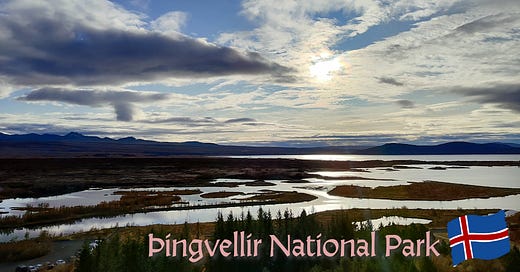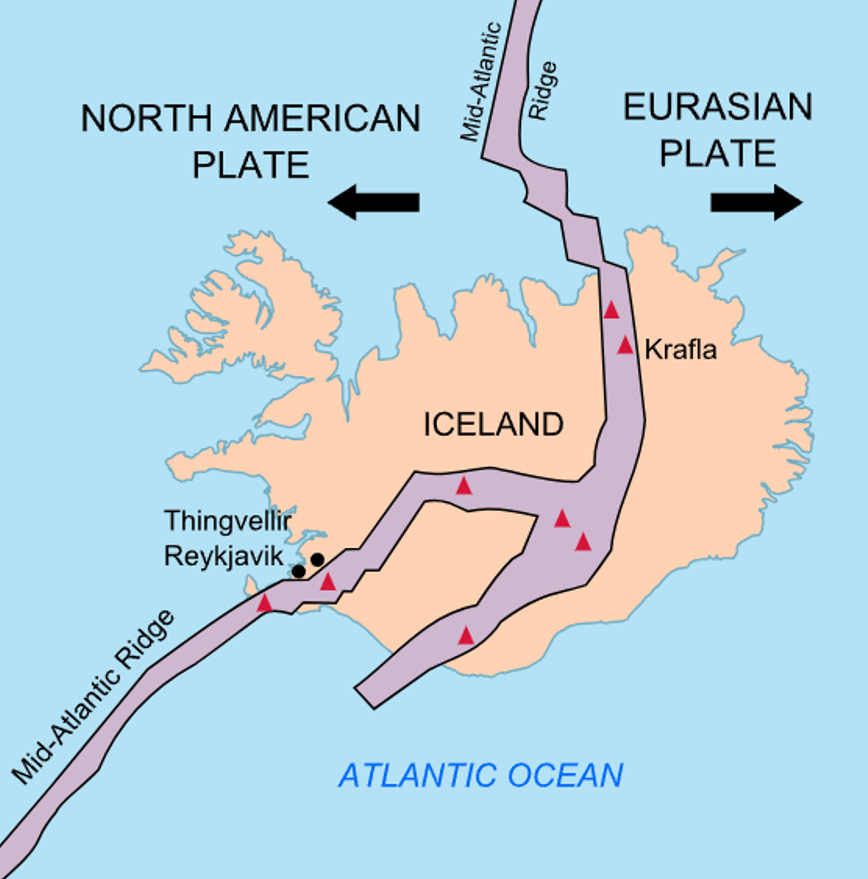In the Land of Fire and Ice: Þingvellir National Park
UNESCO Sites in Iceland: Þingvellir National Park (visited October 2023)
To me, Iceland always seemed so far away, although we’re both geographically in Europe. And also so cold, windy and, well…rough. Of course, I longed to visit it and see those volcanoes and natural wonders in person, because no documentary can picture the true beauty of a place (and I watch many).
Finally, the opportunity showed itself in October 2023 in the form of a work-related trip, and, of course, I took it without hesitating. As I expected, it was a unique and unforgettable experience!
Iceland is often referred to as the Land of Fire and Ice because it literally is a country where hot lava meets glacial cold. Among its many breathtaking sites, Þingvellir National Park stands out as a place where the forces of nature and the roots of Icelandic democracy come together. The park has been a UNESCO World Heritage Site since 2004, recognized for its enormous geological and historical significance.
Key terms explained
Þingvellir is anglicised as “Thingvellir”.
North American Plate: a major tectonic plate covering North America and parts of surrounding oceans, driving significant geological activity.
Eurasian Plate: a large tectonic plate covering Europe and Asia, responsible for significant geological activity, including earthquakes and mountain formation.
This map is showing the Mid-Atlantic Ridge splitting Iceland and separating the North American and Eurasian Plates. The map also shows Reykjavik, the capital of Iceland, the Þingvellir area, and the locations of some of Iceland's active volcanoes (red triangles), including Krafla.
About the site
Þingvellir National Park is located around 40 km northeast of Reykjavik, at the boundary between the North American and Eurasian tectonic plates, creating dramatic landscapes. To Icelanders, Þingvellir is much more than just a national park; it’s a sacred place deeply embedded in the country’s identity.
Historical Significance
Þingvellir is also the site of the Alþingi, Iceland’s national parliament and one of the world’s oldest parliaments, that was established here in 930 AD. Alþingi was the legislative and judicial center of Iceland until the late 18th century.






